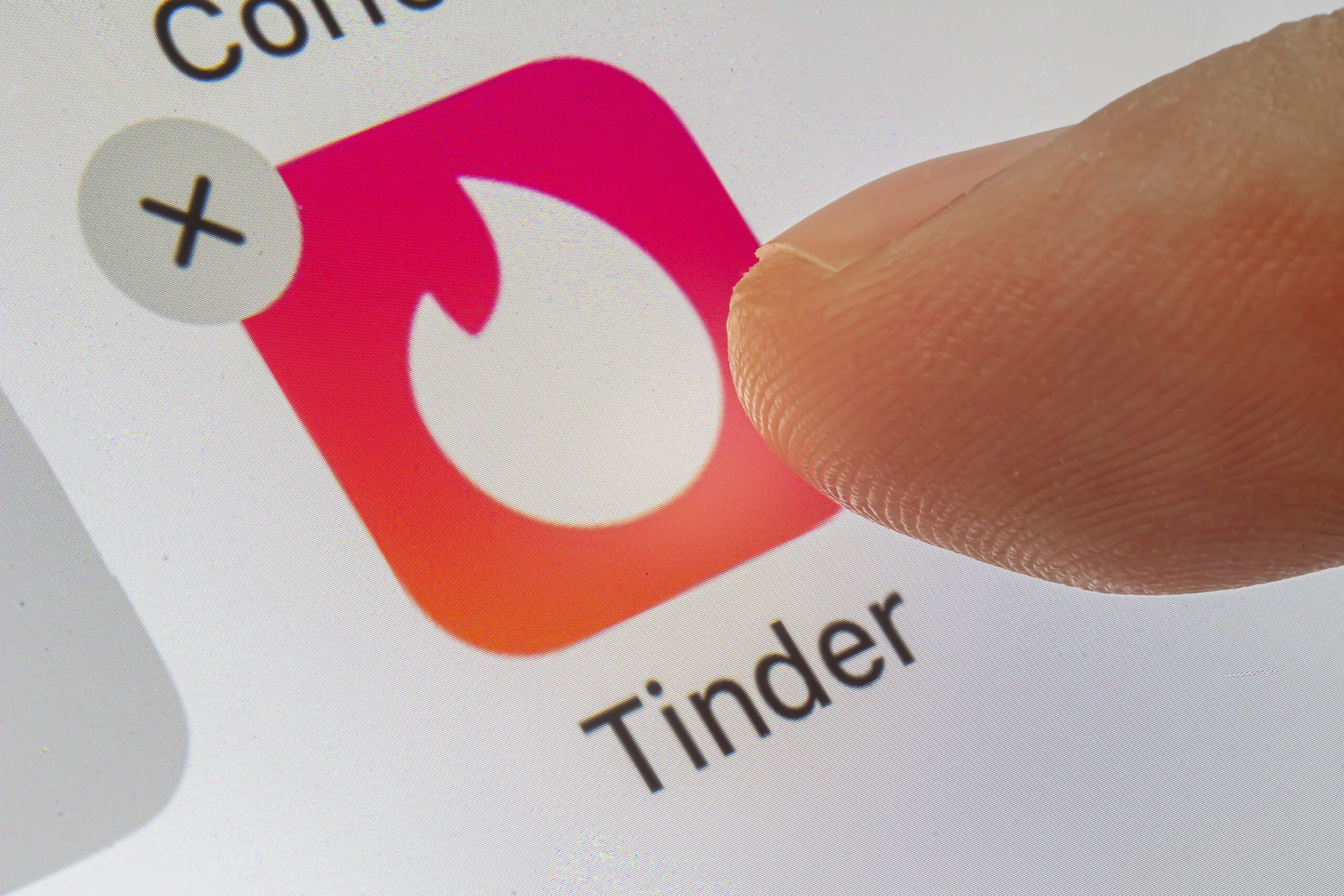Photo by Karolina Grabowski / Pexels
Q: My friends and teammates tell me I’m a control freak. I think I just work hard to make what I want happen. What do you think about control and if people who need control are “freaks?”
A: People who need high control are more likely to be anxious and intelligent than “freaks.” People may call you a “freak” because most people feel stressed when they’re around anxious people. Learning tools to focus on what you can control and how to act on what you can control will calm you and others.
We live in a country where the popular mythology is that smart people can control everything. Obviously all sorts of events occur every day that don’t receive permission or approval from us to occur. Our reaction to what we can’t control will determine much of our peace of mind or misery.
Anxious people are often masters at thinking about all the ways in which doom can befall them. The good news is my clients with anxiety disorders are some of the most prepared people I know. The bad news is that it can be hard for these people to accept a situation they’re powerless to change.
If you want to explore your inner control freak, write a list of things you worry about. Beside each item write what you can control. Now beside what you can control write down what you can’t control. Use a yellow highlighter to highlight the controllable items and pink to highlight the uncontrollable ones. Read through the yellow items then the pink and contemplate the differences.
Ramana Maharshi (1879 -1950), an Indian Hindu sage, advised, “Let what comes come. Let what goes go. Find out what remains.” The practical side of his advice is we cannot always dictate what comes or what goes, but we can prepare, and let go of our belief that smart people boss reality around.
In a world of influencers, what sells is the illusion that a person can reshape the world in the image they demand. Although this may get likes on social media, it’s a lie. No matter how glossy our image is, we will all be beset with unexpected adversities.
Having high anxiety can be an asset if it leads you to get information and take action on things. Anxiety only makes other people uncomfortable when we can’t tell the difference between what we have power over and what we don’t. Then we may talk incessantly about our fears with no ability to make peace with powerlessness.
Consider that most people are more anxious than they look. We also live in anxiety-inducing times between the pace of change and national and global challenges. If we spin in circles about what we fear, other people catch our anxiety and start calling us, “freaks.”
Usually when people give us negative labels they’re struggling to acknowledge their vulnerabilities and ask us for something. If someone calls you a control freak, ask her or him what behavior they would like from you. He or she will stop calling you names, and have to articulate a request.
There’s an old saying that there are only two kinds of people in the world: those who have fear and those who have fear and have what they want. The humor in this saying is that everyone has at least some fear. Channeling our fear into action over what we can change and peace about what we can’t control is as the Serenity Prayer states, the secret to inner peace.
The last word(s)
A: I have several co-workers who seem to always be looking for reasons to “divide and conquer.” Is there a best way to respond to people who are trying to create enemies at work?
Q: Yes, combative people create the ineffectiveness of division while you can model the productivity of connection. As Vice President Kamala Harris has observed, “Our unity is our strength, and our diversity is our power. We reject the myth of ‘us’ vs. ‘them.’ We are in this together.”
Daneen Skube, Ph.D., executive coach, trainer, therapist and speaker, also appears as the FOX Channel’s “Workplace Guru.” She’s the author of “Interpersonal Edge: Breakthrough Tools for Talking to Anyone, Anywhere, About Anything” (Hay House, 2006). You can contact Dr. Skube at www.interpersonaledge.com or 1420 NW Gilman Blvd., #2845, Issaquah, WA 98027. Sorry, no personal replies. ©2024 Interpersonal Edge. Distributed by Tribune Content Agency, LLC.




